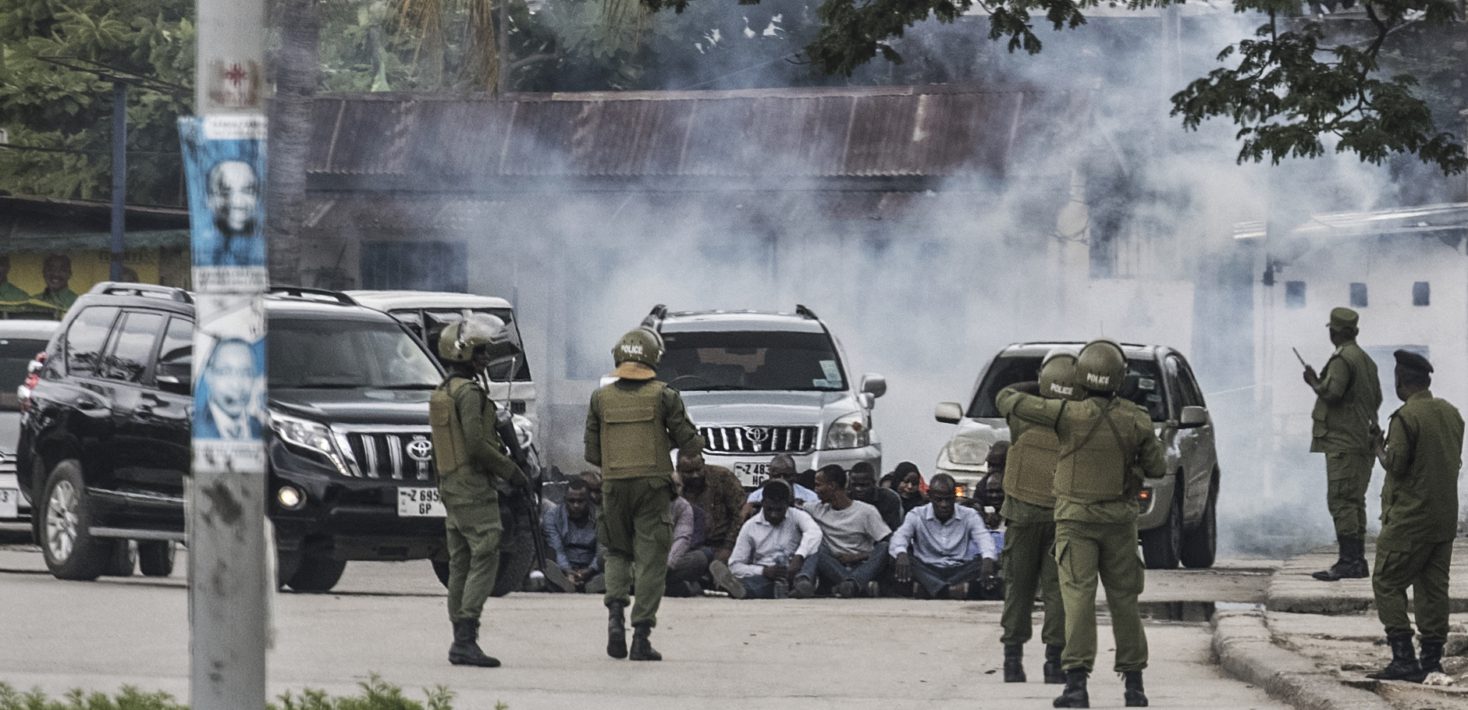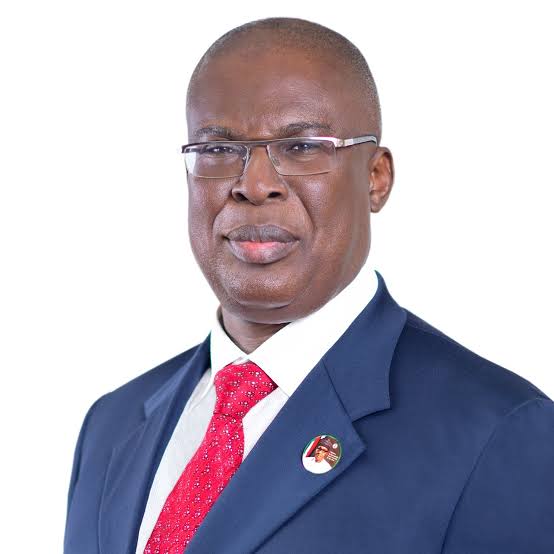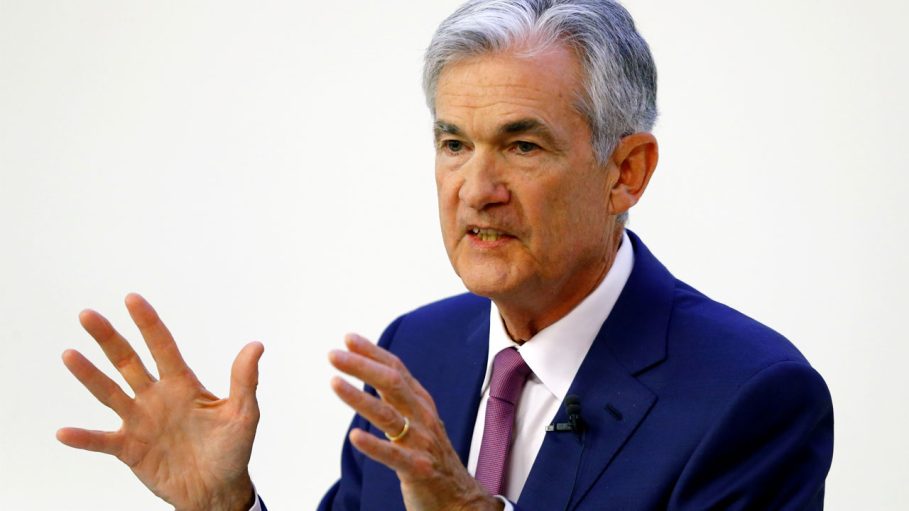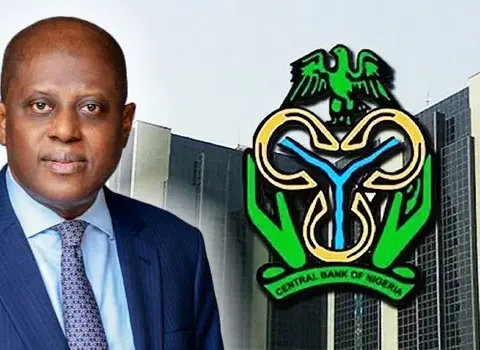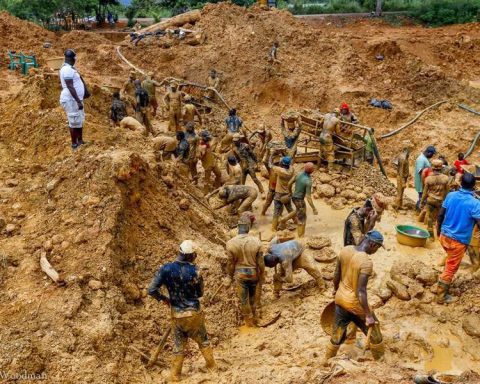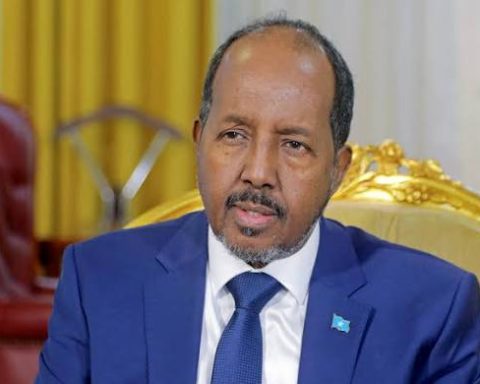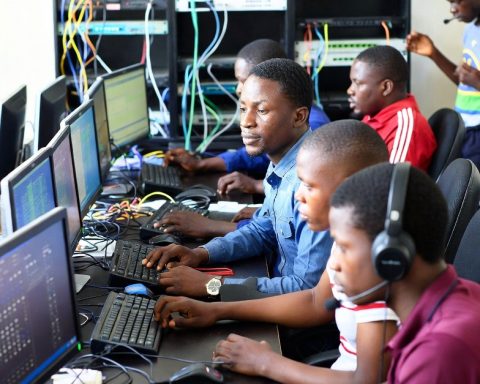Amnesty International’s Regional Director for East and Southern Africa, Tigere Chagutah, has condemned the use of excessive force by the Tanzanian police in quelling the October 29 election day protests, during which two people were killed and many others wounded.
The protesters were calling for a boycott of this year’s general elections dominated by the ruling Chama cha Mapinduzi (CCM) party, with the two main opposition presidential candidates, Tundu Lissu from Chadema (Chama cha Demokrasia na Maendeleo, in English, Party for Democracy and Progress), and Luhaga Mpina from ACT-Wazalendo, barred from standing.
Reacting to reports of police brutality, Chagutah said: “Reports that one general member of the public and one police officer have been killed during election day protests across Tanzania are deeply disturbing. The risk of further escalation is high – we urge the police to exercise restraint and refrain from using unnecessary and excessive force against protesters.
Join our WhatsApp Channel“The Tanzanian authorities must promptly conduct a thorough and independent investigation into the unlawful use of lethal force against protesters, and the perpetrators must be held accountable.
“A reported nationwide internet disruption in Tanzania threatens to further inflame the situation. The authorities must allow unrestricted access to information both online and offline by ensuring full internet access and allowing local and international media to report freely on the election. The authorities have a constitutional responsibility to respect the human rights of all before, during and after the elections.”
READ ALSO: Tanzania: Authorities Instil Climate of Fear, Step Up Repression Ahead of General Elections
Tanzania: Fears Mount as Government Critic Polepole
Verified videos showed largelypeaceful protesters on the streets of Dar es Salaam, Mbeya, Tunduma, Tanga, and Mwanza among other towns. Ahead of the elections, Amnesty International launched a briefing which outlined how the Tanzanian authorities have intensified their repression of dissent against the opposition, journalists, civil society and human rights defenders.


